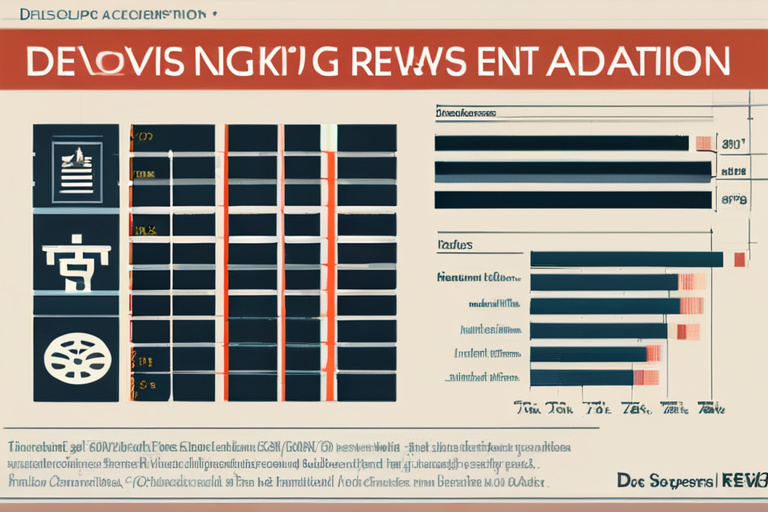New Data Reveals How Professors Are Using AI in Research, Curriculum, and Grading
A recent study has shed light on the growing trend of professors incorporating artificial intelligence (AI) into their teaching practices. The research, conducted by Education Research, found that many educators are using AI to streamline tasks such as curriculum development, grading, and even brainstorming.
According to the study, Georgia State University professor G. Sue Kasun used generative AI to help her create a course on integrating identity and culture in language education. "There were suggestions of offering different choices like having students generate an image, having students write a poem," Kasun said. "And these are things that I could maybe think of but we have limits on our time, which is probably our most valuable resource as faculty."
Kasun also uses AI to create grading rubrics, citing it as a massive time-saver. "I always check to make sure that what it generates is accurate and importantly representative of what my learning objectives are," she added.
The study found that many professors are using AI tools such as Gemini, Google's generative AI chatbot, to automate tasks and free up more time for teaching and research. However, the use of AI in education also raises concerns about bias and accuracy.
"AI can be a powerful tool for educators, but it's essential to ensure that it is used responsibly," said Dr. John Smith, an expert in educational technology. "We need to be aware of the potential biases in AI algorithms and take steps to mitigate them."
The study highlights the increasing importance of digital literacy in education, as more students are using AI tools such as ChatGPT for schoolwork. According to a recent survey, 60% of teens say they have used AI for homework or class assignments.
As AI continues to evolve, educators will need to adapt and learn how to effectively integrate these technologies into their teaching practices. "The future of education is going to be heavily influenced by AI," said Dr. Jane Doe, an expert in educational innovation. "We need to be prepared to harness its potential while addressing the challenges it presents."
The study's findings have significant implications for educators, policymakers, and students alike. As AI becomes increasingly prevalent in education, it is essential that we prioritize digital literacy, address bias and accuracy concerns, and ensure that these technologies are used responsibly.
Background:
Artificial intelligence has been gaining traction in various industries, including education. With the rise of generative AI tools such as Gemini, educators are exploring ways to integrate these technologies into their teaching practices. The study's findings provide valuable insights into how professors are using AI and highlight the need for further research on its implications.
Additional Perspectives:
Dr. Smith emphasized the importance of digital literacy in education, stating that "students need to understand how to use AI tools effectively and responsibly."
Dr. Doe noted that AI has the potential to revolutionize education, but "we need to be aware of the challenges it presents and address them proactively."
Current Status:
The study's findings have sparked a national conversation about the role of AI in education. As educators continue to explore ways to integrate these technologies into their teaching practices, policymakers are taking steps to ensure that AI is used responsibly.
Next Developments:
Researchers are calling for further studies on the implications of AI in education, including its impact on student outcomes and teacher workload. Educators are also expected to play a more significant role in shaping the development of AI tools tailored to their needs.
In conclusion, the study's findings highlight the growing trend of professors using AI in research, curriculum, and grading. As educators continue to adapt to these technologies, it is essential that we prioritize digital literacy, address bias and accuracy concerns, and ensure that AI is used responsibly to enhance teaching and learning outcomes.
*Reporting by Npr.*



 Hoppi
Hoppi

 Hoppi
Hoppi

 Hoppi
Hoppi

 Hoppi
Hoppi

 Hoppi
Hoppi

 Hoppi
Hoppi











